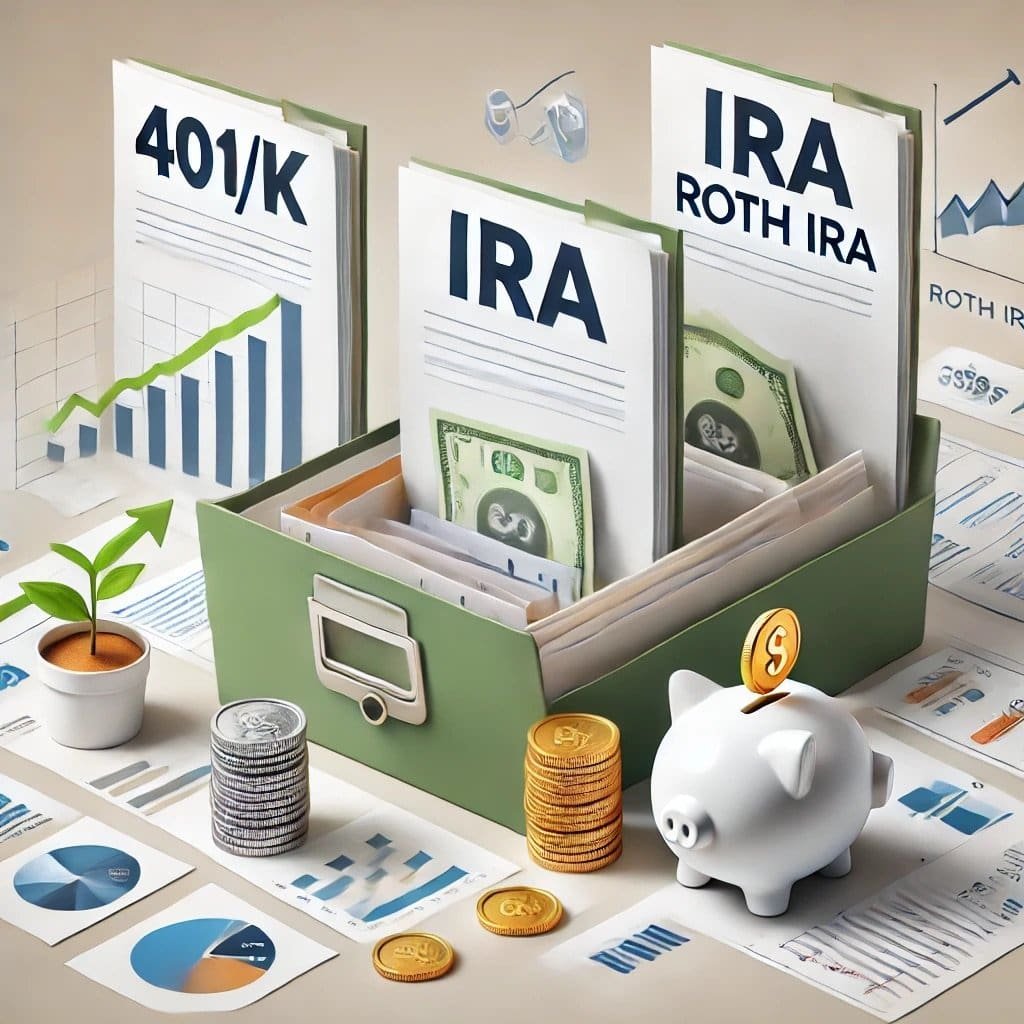Investing can be an emotional experience, especially when markets fluctuate, and both short-term and long-term investors must learn how to manage their emotions to avoid making impulsive decisions. Emotions like fear, greed, and anxiety can significantly impact financial outcomes, so mastering emotional control is key to successful investing. Here’s how to handle emotions in both short-term and long-term investing.
Emotional Challenges in Short-Term Investing
Short-term investing, such as day trading or swing trading, involves frequent buying and selling of assets over a brief period. This type of investing is often characterized by higher volatility, which can trigger emotional reactions.
Common Emotions in Short-Term Investing:
1. Fear: When markets move rapidly, traders may fear losing money, leading them to sell too early, locking in losses instead of letting the trade play out.
2. Greed: On the flip side, traders may hold onto winning trades for too long, hoping for even bigger profits, only to watch the market turn against them.
3. Impatience: Short-term traders often want immediate results, leading to hasty decisions and missed opportunities for more profitable trades.
How to Manage Emotions in Short-Term Investing:
1. Set Clear Goals and Strategies:
• Establish specific goals and stick to a predetermined trading strategy. Whether it’s setting stop-loss limits or using technical indicators, having a plan helps reduce emotional reactions.
2. Use Stop-Loss Orders:
• Stop-loss orders automatically sell your position if the price reaches a certain level, protecting you from large losses and removing the emotion from deciding when to exit a trade.
3. Practice Discipline:
• Stay disciplined by sticking to your trading plan and avoiding emotional overreactions to market movements. Avoid checking the market constantly, as this can trigger unnecessary anxiety.
4. Limit Exposure to Volatile Markets:
• If high volatility triggers emotional responses, consider limiting your exposure to more stable, less risky markets. This reduces the emotional toll of frequent market swings.
Emotional Challenges in Long-Term Investing
Long-term investing, such as holding stocks for years or decades, requires a different mindset. While the market’s short-term fluctuations may be stressful, the focus is on long-term growth. The challenge for long-term investors is staying patient and not overreacting to temporary downturns.
Common Emotions in Long-Term Investing:
1. Panic: When markets experience sharp declines, long-term investors may panic and sell, even though history shows that markets typically recover over time.
2. Overconfidence: After periods of market growth, investors may become overconfident, believing that gains will continue indefinitely, which can lead to risky decisions.
3. Frustration: Long-term investing can be slow, and investors may feel frustrated by a lack of immediate progress, leading them to abandon their long-term strategies prematurely.
How to Manage Emotions in Long-Term Investing:
1. Keep a Long-Term Perspective:
• Remind yourself that market volatility is normal and that long-term investments are designed to weather temporary downturns. Historically, markets tend to recover from dips, so patience is key.
2. Diversify Your Portfolio:
• Diversification helps reduce the emotional impact of market volatility by spreading your investments across various asset classes. This protects your portfolio from being overly affected by the poor performance of a single investment.
3. Automate Investments:
• Automating your investments, such as through dollar-cost averaging, allows you to invest consistently over time without worrying about market timing. This removes the emotional stress of trying to buy at the “perfect” moment.
4. Avoid Emotional Decision-Making:
• Stay committed to your long-term plan and avoid reacting to short-term market news or volatility. Review your portfolio periodically, but don’t let short-term market fluctuations dictate your strategy.
Strategies for Both Short-Term and Long-Term Investors
1. Practice Mindfulness and Stress Management:
• Mindfulness techniques, such as meditation or deep breathing exercises, can help investors stay calm and focused. Managing stress is crucial for avoiding rash decisions during market downturns.
2. Educate Yourself:
• Knowledge is a powerful tool for managing emotions. By understanding market cycles, trends, and the reasons behind volatility, you can approach investments more rationally and with less emotional intensity.
3. Set Realistic Expectations:
• Whether you’re a short-term trader or a long-term investor, setting realistic expectations about potential returns and market behavior helps manage emotions. Accept that losses are part of investing and focus on the bigger picture.
Conclusion
Managing emotions is crucial for success in both short-term and long-term investing. While short-term investors must deal with the emotional ups and downs of market volatility, long-term investors need to stay patient and resist reacting to short-term noise. By staying disciplined, focusing on your goals, and using tools like stop-loss orders and diversification, you can avoid letting emotions dictate your financial decisions, leading to more stable and profitable outcomes over time.



3 comments